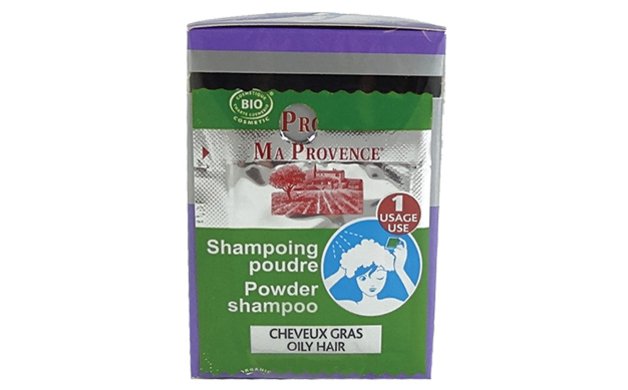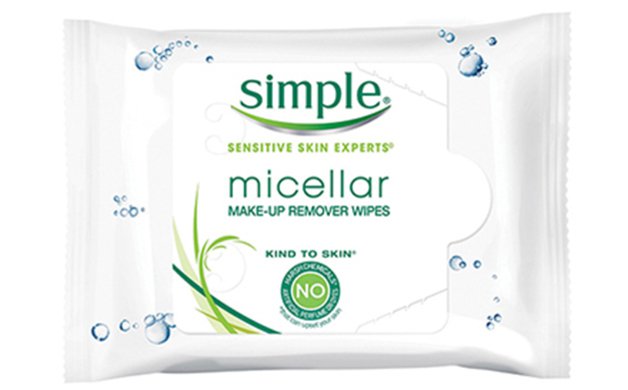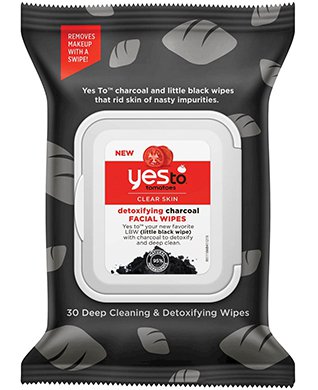×
By Lisa J. Gotto
Water. Life’s basic most essential element next to air. We are constantly reminded how essential it is to consume enough water, what happens internally when we are not properly hydrated, and what happens externally to our skin when it doesn’t possess enough moisture. In our lives, this is truly a “First-World” problem.
Water scarcity, however, is actually a huge environmental issue—as we well know the plight of many Third World countries and their dire lack of clean drinking water. More recently, we have learned that even Mediterranean countries such as Italy and Spain have experienced severe scarcity issues due to recent and unprecedented heatwaves which have led to water rationing in these countries.
Signs in the beauty and personal care industry that this is happening are definitely there. Think of all our recent references in this section for dry shampoo products, for instance. The availability and demand for this type of product may not just be convenience-based after all.

A product of this nature not only saves time, but saves water—the water you would normally use to wash your hair that day, now stays in the reserves. When you consider that even a five-minute shower uses an average of 10 gallons of water, there is much to be saved over time even if one person opts to forego the standard shampoo once a week.

The other big item in waterless personal care has all but eliminated the need for a standard washcloth: disposable facial wipes. The market is currently exploding with these user-friendly, one-time-use products that not only cleanse the skin, but can also deliver the benefits of a toner, a detoxifier, an acne treatment, an anti-aging treatment, and a makeup remover. It seems whatever your particular skin issue is, there is a wipe on the market to address it.
Again, there is a dual benefit—convenience and less water is used, especially for those who tend to leave the water running as they cleanse and scrub with a traditional washcloth.


GlobalData research shows that 23 percent of European consumers are interested in and actively seek to purchase products that are waterless or can be used without water.

Water. Life’s basic most essential element next to air. We are constantly reminded how essential it is to consume enough water, what happens internally when we are not properly hydrated, and what happens externally to our skin when it doesn’t possess enough moisture. In our lives, this is truly a “First-World” problem.
Water scarcity, however, is actually a huge environmental issue—as we well know the plight of many Third World countries and their dire lack of clean drinking water. More recently, we have learned that even Mediterranean countries such as Italy and Spain have experienced severe scarcity issues due to recent and unprecedented heatwaves which have led to water rationing in these countries.
Response
brbrBecause much of our personal care and hygiene revolves around water it has started a larger conversation not only among environmentalists but among personal care-based companies and manufacturers regarding alternatives. While initiatives are still in their infancy, the conversation about the development and need for personal and beauty products that are made with less water or that can be used without water has certainly begun.Signs in the beauty and personal care industry that this is happening are definitely there. Think of all our recent references in this section for dry shampoo products, for instance. The availability and demand for this type of product may not just be convenience-based after all.

The French Use Less! The Ma Provence personal care line produces an organic dry shampoo of oat powder and natural clay that is packaged in a sachet—helping consumers use just the right amount of the product and reducing waste. Vive la France!
A product of this nature not only saves time, but saves water—the water you would normally use to wash your hair that day, now stays in the reserves. When you consider that even a five-minute shower uses an average of 10 gallons of water, there is much to be saved over time even if one person opts to forego the standard shampoo once a week.

Favorite Dry Shampoo: While on the pricier side, more beauty editors choose Oribe Dry Texturizing Spray as among the best in the dry shampoo category.
The other big item in waterless personal care has all but eliminated the need for a standard washcloth: disposable facial wipes. The market is currently exploding with these user-friendly, one-time-use products that not only cleanse the skin, but can also deliver the benefits of a toner, a detoxifier, an acne treatment, an anti-aging treatment, and a makeup remover. It seems whatever your particular skin issue is, there is a wipe on the market to address it.
Again, there is a dual benefit—convenience and less water is used, especially for those who tend to leave the water running as they cleanse and scrub with a traditional washcloth.

Favorite Face Cleaning Wipe: Simple’s Micellar Make-Up Remover Wipes are fragrance-free and offer a dual-action formula to effectively cleanse and hydrate the skin.

Another industry leader in the wipes category is Yes To. Their latest is the highly innovative Yes To Tomatoes Detoxifying Charcoal Facial Wipe. This little black 95-percent natural wipe is formulated with charcoal to detoxify and deep clean the skin of impurities that block pores. The tomatoes in the formula are rich in Lycopene, which is a powerful anti-oxidant that protects the skin from environmental stressors. So, not only is it a time-saver and face-saver, but a water saver, as well.
GlobalData research shows that 23 percent of European consumers are interested in and actively seek to purchase products that are waterless or can be used without water.

Other ways companies are addressing water scarcity are by adjusting packaging and formulations themselves to work more efficiently. The French-based Yves Rocher has developed a concentrate shower gel that uses the same size packaging to deliver 40 shower applications in a much smaller bottle than the industry-standard 400 milliliter bottle.
After all, it takes water to make a product, too!
Tell us! Are you ready to go water-less? Or have you already started using some of these water-saving products in your daily routine? Write to us at editor@whatsupmag.com and let us know what you think of this approach to personal care.
After all, it takes water to make a product, too!
Tell us! Are you ready to go water-less? Or have you already started using some of these water-saving products in your daily routine? Write to us at editor@whatsupmag.com and let us know what you think of this approach to personal care.